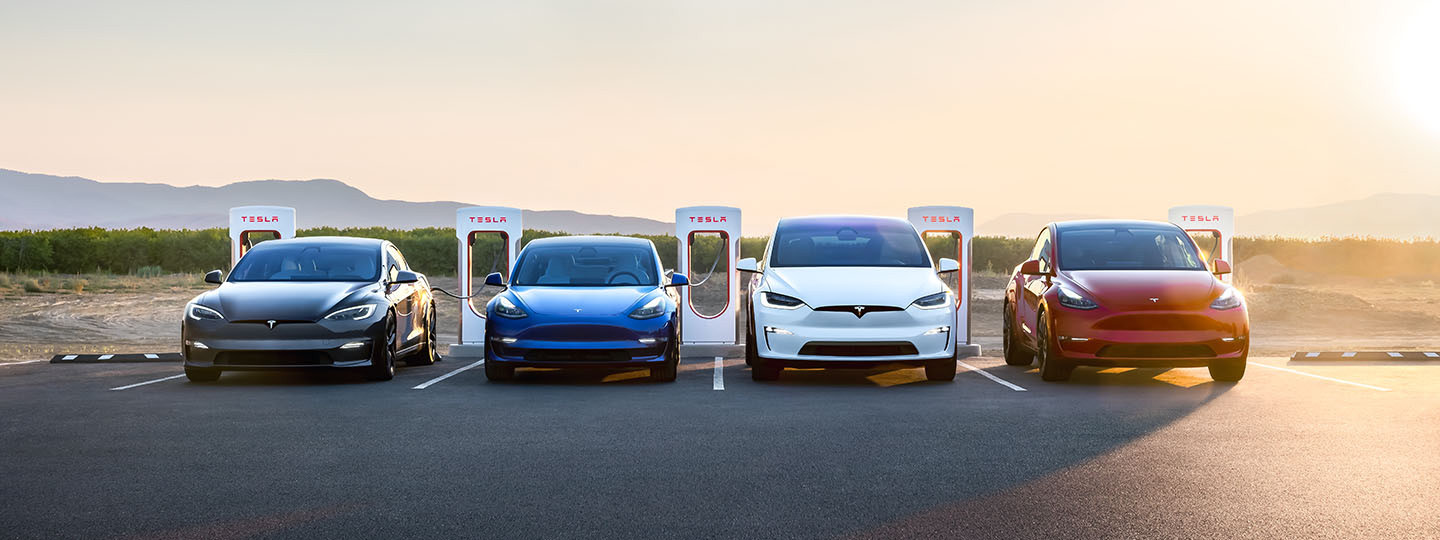Readytoride
Well-Known Member
- Region
- USA
- City
- Virginia
Was intrigued to see this article in Car and Driver magazine (online 12/31/2019)...
The Ride into Our Electric Future Will Be Led by Bikes
By 2025, expect to see 12 million electric vehicles being sold worldwide each year—and more than 40 million electric bikes.
Being the owner of an EV (2018 40Kw Leaf) I don't think one necessarily leads the other, and the title may be a bit misleading based on the article itself. But an interesting read, nonetheless, since rarely do I see "ebike" and "EV" mentioned together in the same article. Especially in a magazine such as Car and Driver.
The Ride into Our Electric Future Will Be Led by Bikes
By 2025, expect to see 12 million electric vehicles being sold worldwide each year—and more than 40 million electric bikes.
Being the owner of an EV (2018 40Kw Leaf) I don't think one necessarily leads the other, and the title may be a bit misleading based on the article itself. But an interesting read, nonetheless, since rarely do I see "ebike" and "EV" mentioned together in the same article. Especially in a magazine such as Car and Driver.
Last edited:

